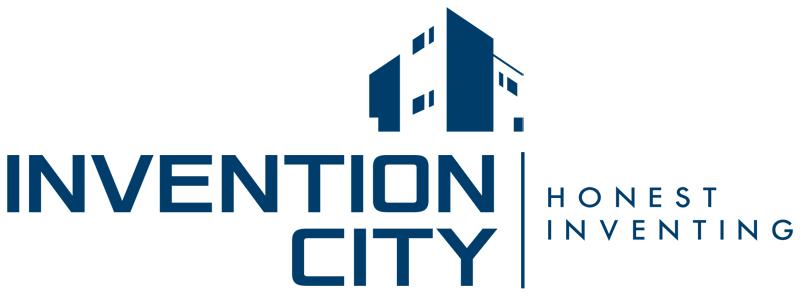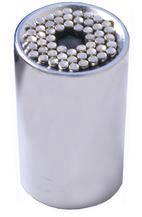6 Things Every Inventor Should Know About Patents

Patents Are Complicated. Here Are Six Things Every Inventor Should Know.
by Mike Marks
Founder of Invention City
NOTE: The following is a business perspective on patents and should not be taken as legal advice.

"Meaningful patent" is a term we use a lot at Invention City. Getting a patent of some sort isn't especially hard. Having patent claims with real value is something else altogether. A great example of this is the Gator-Grip® universal socket invented by Joel Marks (my brother) of WorkTools, Inc. (I'm a partner). The Gator-Grip® is a 3/4" deep socket with a set of 54 spring loaded pins that grip a wide range of fasteners. Prior art patents covering the concept of spring loaded pins gripping fasteners went back to 1969. What Joel invented was the best way to manufacture a universal socket AND the best way for a universal socket to function. The key claim covered use of a resilient (plastic) plate that holds the spring loaded pins and a cut in the interior walls of the socket into which the pin plate was press-fitted. It sounds like a narrow claim and it is. But it’s a narrow claim that defines the lowest cost, highest quality method of making a universal socket that will function well for a long period of time. You can see one of the Gator-Grip patents here.
When Gator-Grip® proved successful and companies went to knock it off, they chose to manufacture the knock-offs with plastic plates that held the pins and fit into socket walls exactly as described in Joel’s patent claims. As a result, enforcing the patent was much easier than it would have been otherwise. Just as important as having strong patent claims was the personal communication we had with the companies that made and sold the knockoffs. We avoided court by making phone calls and explaining the problem in a business-like way. It worked out very well for us because the patent claims were precise and easy to interpret.
Unfortunately things don’t always work out so well and sometimes court cannot be avoided. We’ve had that experience too. In that instance the patent claims were more open to interpretation and the other side (I can say this now that the case has been settled) had a reasonable belief that they were not violating our patents. Fortunately a jury and appeals court upheld two of our three patents and we “won.” But we never saw any cash and our lawyers, who worked on contingency, never saw the $5 million+ in fees they’d anticipated. Nevertheless, two of our patents survived process and other potential knockoffs were scared out of the market. With those experiences setting the stage, here are six things every inventor should know about patents:
|
|---|
Don't let all of this discourage you. Patents make it possible for little guys to play with big guys and most companies are ethical and will make honest efforts to avoid patent infringement.
share this article: facebook